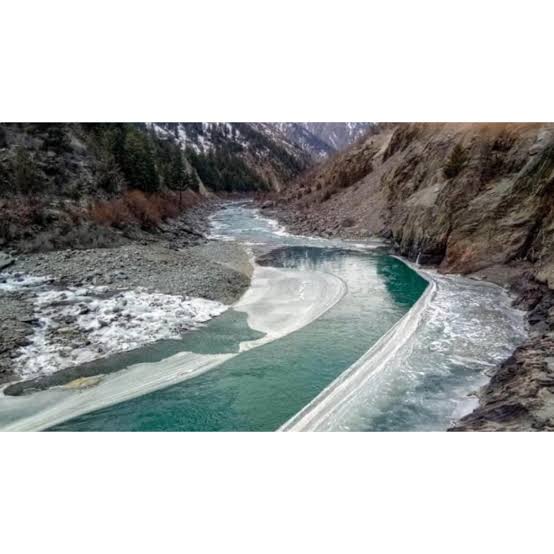India has decided to suspend the Indus Waters Treaty (IWT) with Pakistan, bringing an end to a 64-year-old water-sharing agreement. This treaty had remained in place despite several wars, political tensions, and difficult relations between the two countries over the years.
The decision to suspend the treaty comes after a deadly terror attack on April 22 in Pahalgam, a popular tourist area in India. The attack claimed the lives of 26 people, including one foreign citizen. After an investigation, officials found possible links to people across the border, which raised serious security concerns.
India’s Cabinet Committee on Security (CCS), which is the top decision-making group for national security matters, approved the move. According to reports, the government believes that continuing with the treaty no longer makes sense if there is evidence of cross-border involvement in such violent acts.
The Indus Waters Treaty was signed in 1960 with help from the World Bank. It allowed both countries to share the waters of the Indus River and its tributaries. Over the years, the treaty was seen as a rare example of cooperation between India and Pakistan, even when political and military tensions were high.
Now, the suspension marks a major change in India’s approach. It also signals that the country may not continue to maintain such agreements if they feel national security is at risk.
Experts say this move could lead to further tension between the two countries, especially since water is an important and sensitive issue. While it’s not yet clear what the long-term effects will be, the suspension of the treaty shows how deeply the recent violence has impacted relations between India and Pakistan.


